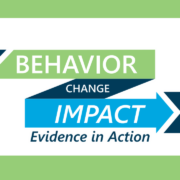Malaria Social and Behavior Change During COVID-19 Case Studies
Written by: Ashley Riley, Program Officer, Breakthrough ACTION, and Deepak Mehra, Social and Behavior Change Consultant
The COVID-19 pandemic wreaked havoc on malaria control and elimination efforts. The World Health Organization (WHO) urged countries not to scale back their planned malaria prevention, diagnostic, and treatment activities during the COVID-19 pandemic or the gains made in saving lives from malaria and other diseases over the past 20 years may be lost.
Prompt care-seeking for fever is critical for malaria treatment because it can help prevent severe disease and death. Unfortunately, in the initial wake of COVID-19, many communities received mixed or unclear messages about whether they should seek immediate care for any and all fevers or self-isolate at home during the pandemic. In some communities, people presumed that health facilities were closed for malaria testing. If facilities were open, individuals might have been concerned about contracting COVID-19 when visiting. Some people were also hesitant to visit facilities because they were likely to be quarantined if they tested positive for COVID-19. Several countries also imposed physical distancing rules, which prevented large gatherings and hindered interactive community events and in-person malaria social and behavior change interventions.
Social and behavior change programs had to think afresh and re-strategize to tackle these limitations to reach their audiences and influence behavior to prevent and treat malaria. Malaria workers doubled their efforts while also closely following COVID-19 guidelines. The RBM Partnership to End Malaria Social and Behavior Change Working Group documented some of these experiences through four case studies that reflect a spirit to fight the COVID-19 pandemic and malaria against all odds. These case studies include the following:
- Call of the Trumpet: In Ethiopia, the U.S. President’s Malaria Initiative (PMI) helped leverage community members’ existing social capital to reinforce the use of insecticide-treated nets and prompt care-seeking for fever during COVID-19. They literally blew trumpets to drive home their messages.
- The Mobile Classroom: In Nigeria, Breakthrough ACTION showed that even simple technologies like interactive voice response can provide practical solutions during a crisis.
- Inside the Jungle: By focusing on “communication touchpoints” for migrants and mobile populations in the jungles of Cambodia, a PMI-funded program collaborated with some of the country’s hardest-to-reach communities.
- Click, Share, Engage: This snapshot of social media case studies from Angola, Guyana, India, and nine sub-Saharan African countries flags both the potential and the challenges of using a technology approach for social and behavior change. The reach and engagement of these projects with targeted audiences are promising. Still, efforts to reach the most vulnerable to malaria and those who are not literate or digitally empowered must continue.
Find each case study on the Compass’ new Malaria Social and Behavior Change during COVID-19 Spotlight.

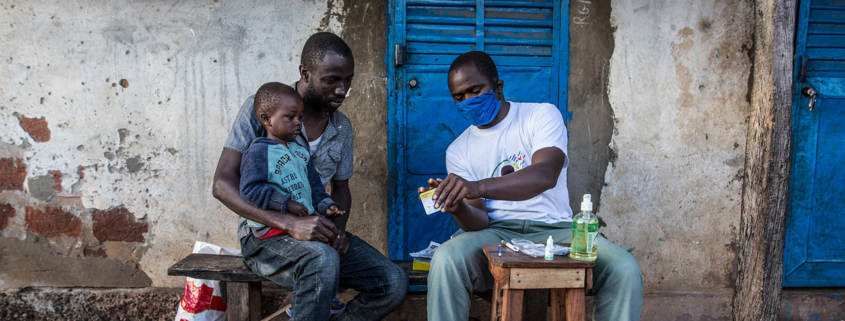 USAID/StopPalu+/Flickr
USAID/StopPalu+/Flickr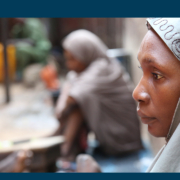

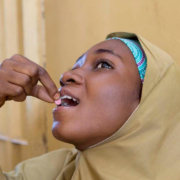 WHO
WHO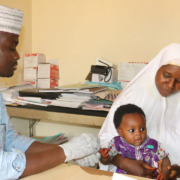 Breakthrough ACTION
Breakthrough ACTION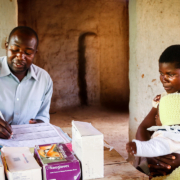 Photo credit: amy Rakotoniaina/PMI/Flickr
Photo credit: amy Rakotoniaina/PMI/Flickr